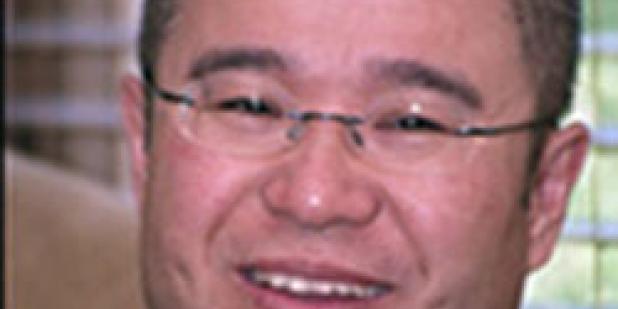Join us for a free one-day workshop for educators at the Japanese American National Museum, hosted by the USC U.S.-China Institute and the National Consortium for Teaching about Asia. This workshop will include a guided tour of the beloved exhibition Common Ground: The Heart of Community, slated to close permanently in January 2025. Following the tour, learn strategies for engaging students in the primary source artifacts, images, and documents found in JANM’s vast collection and discover classroom-ready resources to support teaching and learning about the Japanese American experience.
The Making of the Chinese Intellectual: Theory, Findings, and Hypotheses
Eddy U (UC Davis) will explore the intellectual (zhishifenzi) as what Pierre Bourdieu called a “practical classification” mobilized by agents with different motives and tactics.

Research on intellectuals under Communist party rule generally defines its subject as critical thinkers or mental workers. I explore the intellectual (zhishifenzi) as what Pierre Bourdieu called a “practical classification” mobilized by agents with different motives and tactics. Before taking power, the Communist Party defined the intellectual through various technical and political criteria; party ideology and organization inscribed upon a section of the revolutionary personnel the primary social identification of the intellectual, a stigma that led individuals to redefine their relations to the classification. After the 1949 revolution, official governance extended the objectification of the intellectual to every level of state and society. Personal backgrounds and workplace factors shaped the locations individuals occupied vis-à-vis the local classification of intellectuals. The locations of the individuals, in turn, influenced how they dealt with the classification as they negotiated their careers and livelihoods.
* * *
Eddy U (PhD in Sociology, UC Berkeley, 2001) is an assistant professor of Sociology at UC Davis. From 2002 to 2004, he was a postdoctoral fellow at the Oriental Institute of the University of Oxford, and then from 2004 to 2007 taught at the University of Sydney in August 2004. His research focuses on twentieth-century China, specifically, organization and representation. His works are based on the theoretical ideas of Max Weber, Michel Foucault, and Pierre Bourdieu. Empirically, they are based on historical documents and interviews. Professor U is the author of, among others, Disorganizing China: Counter-bureaucracy and the Decline of Socialism (Stanford University Press, 2007).
For more information please contact
Richard Gunde
Tel: 310 825-8683
gunde@ucla.edu
Featured Articles
Please join us for the Grad Mixer! Hosted by USC Annenberg Office of International Affairs, Enjoy food, drink and conversation with fellow students across USC Annenberg. Graduate students from any field are welcome to join, so it is a great opportunity to meet fellow students with IR/foreign policy-related research topics and interests.
RSVP link: https://forms.gle/1zer188RE9dCS6Ho6
Events
Hosted by USC Annenberg Office of International Affairs, enjoy food, drink and conversation with fellow international students.
Join us for an in-person conversation on Thursday, November 7th at 4pm with author David M. Lampton as he discusses his new book, Living U.S.-China Relations: From Cold War to Cold War. The book examines the history of U.S.-China relations across eight U.S. presidential administrations.




